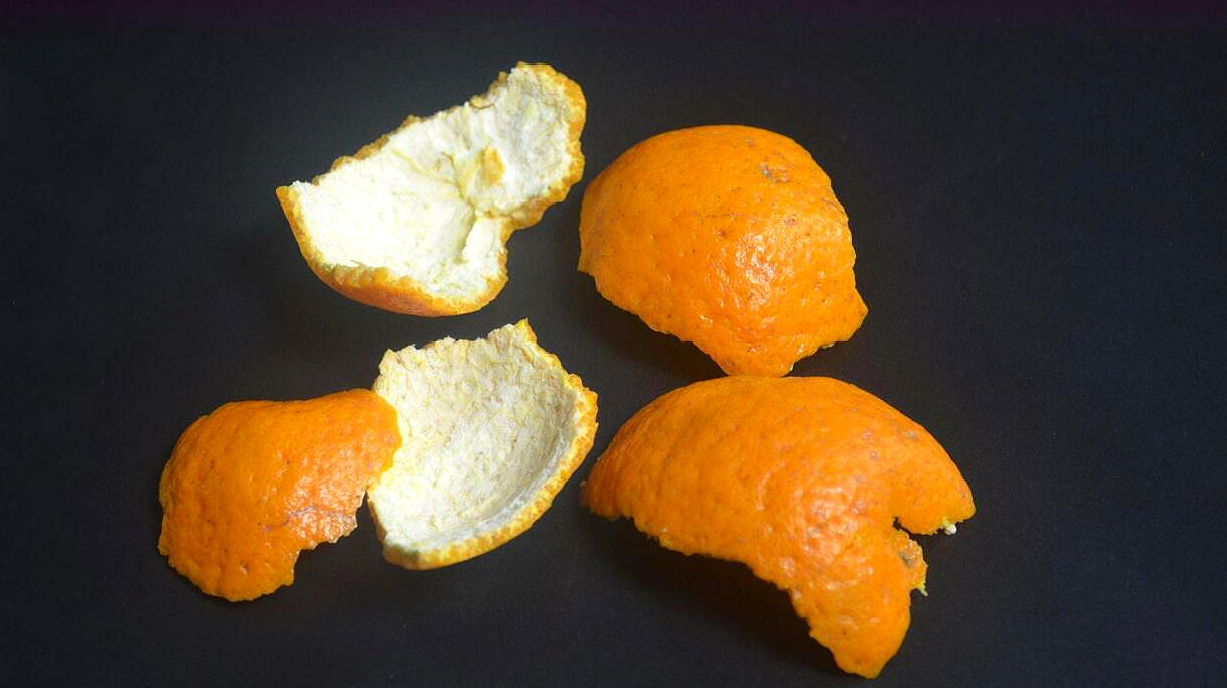-
Adult Mosquitoes HabitsApr 18 , 2023
-
Comprehensive Overview of a Pest Control CompanyAug 07 , 2023
-
Do Mice Repellent Pouches Work?Feb 19 , 2025
Oranges are well-known for their positive benefits, such as offering a healthy boost of vitamin C to the human body. But an orange’s benefits do not stop there. Experts recommend putting the orange’s remains to good use in the garden – where you can use your leftover orange peel to keep pests at bay
Why do orange peels deter pests?
According to chef and garden expert Laura Ritterman, pests are repelled by the smell of citrus that lives on your leftover peel, and thus deters them. 'Orange peels are great for your garden, as they can help to add nutrients to your soil – aiding in the growth and maintenance of your plants,' Laura explains. Now, how should one go about implementing this garden technique?
How to use orange peels to deter pests?
Expert Kevin Rodrigues from Gardening Mentor suggests there are two key ways to bring orange peel into your garden: using a spray or placing chopped-up orange peels near your plants.
1. Use orange peel spray on your plants
'One of the best ways to use orange peels to deter pests is to create a spray,' Kevin says. The gardener recommends boiling a few orange peels in a cup of water for ten minutes, then straining the liquid into a spray bottle (such as this one from Amazon) once cool.
'Spray this every 3-4 days to get rid of pests like slugs, aphids, ants, whiteflies, and fruit flies – and to keep them away,' Kevin says. This option also works equally well indoors, so you can promote the growth of your best indoor trees too.
2. Use chopped up orange peels near your plants
Another way to use orange peels, is by chopping up (or grinding) your orange peels into small pieces. 'Spread these pieces or scrapes near the base of the plants. The pungent smell of orange peels can help deter some pests and rodents away from the plants,' Kevin explains. However, Kevin emphasizes that you ask fast and ensure the orange pieces are still fresh. 'You need to
replace them once they have dried out,' the expert adds. Gardener Josh Tesolin of RusticWise also urges you to ensure you're placing only the peels and
not the orange flesh, as this could have the reverse effect. 'The sugars and juices from orange flesh may actually attract some backyard insects,' Josh warns.
This new garden technique may be the key to a fruitful and productive garden this spring. So before throwing away your peel, consider its benefits for your garden. Just remember to ask fast, because the peel is time-sensitive.